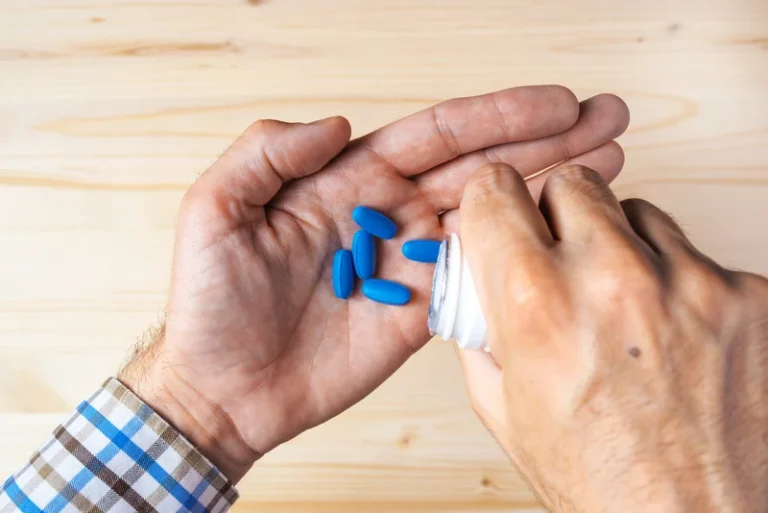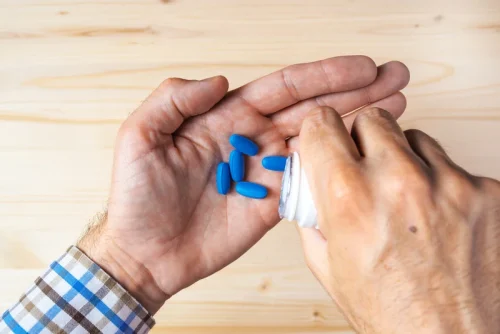Department of Agriculture, the dietary guidelines provide recommendations on what the average American should eat and drink to promote health and help prevent chronic disease. When it comes to the brain, alcohol acts as a depressant to the CNS. However, it can have inconsistent effects, exciting users under some conditions and sedating users under other conditions. Excitement, typically at lower doses, may be due to alcohol suppressing the inhibitory parts of consequences of alcohol the brain. When it comes to alcohol, if you don’t drink, don’t start for health reasons.
Alcohol and the Gut: Friends or Foes?

The World Health Organization (WHO) links about 8.1 percent of all tuberculosis cases worldwide to alcohol consumption. Many people assume the occasional beer or glass of wine at mealtimes or special occasions doesn’t pose much cause for concern. But drinking any amount of alcohol can potentially lead to unwanted health consequences. Policies aimed at reducing drinking during pregnancy affected birth outcomes for Black and White women differently. Alcohol/pregnancy policies had adverse effects for White women (i.e., increased rates of preterm births and/or low birth weight), whereas they were more beneficial for reducing preterm births in Black women. Medical experts say the idea that moderate drinking can cause health improvements, or benefits, came from imperfect studies.
- According to the National Survey on Drug Use and Health (NSDUH), 15.1 million people aged 18 years and over in the U.S. had alcohol use disorder (AUD), or 6.2 percent of this age group.
- Every person has their own reasons for drinking or wanting to reduce their alcohol consumption.
- For example, some studies suggest that moderate alcohol drinking can affect fertility for some women.
- Heavy drinking over time can lead to some pretty severe outcomes, ranging from memory loss to heart disease, liver disease and cancer.
Long-Term Health Risks
For example, any amount of drinking increases the risk of breast cancer and colorectal cancer. Alcohol use can exacerbate mental health conditions, like anxiety and depression, or lead to their onset. The body absorbs alcohol relatively quickly, but it takes longer to get the alcohol out of the body.
Health News
- Among deaths from acute alcohol poisoning, nearly all were due to accidental poisoning – more than 16,000.
- Be sure to ask your healthcare professional about what’s right for your health and safety.
- If you’re concerned with your alcohol consumption and attitude toward drinking, talk to a healthcare provider as a first step.
- Finally, the particular search terms used for this review are certain to have missed important scholarly contributions.
- «As you consider whether or how much to drink, keep in mind that less is better when it comes to cancer risk,» Murthy wrote on the social media service X.
- If your pancreas and liver don’t function properly due to pancreatitis or liver disease, you could experience low blood sugar, or hypoglycemia.
However, when researchers evaluate these potential factors, the risks outweigh any benefits. The pancreas is essential for breaking down enzymes and starches alcohol rehab (like those in alcohol). When the pancreas becomes irritated and inflamed, you can develop pancreatitis. This is because alcohol is toxic to the body, and the body is still working to get rid of the toxin.
Diarrhea and Heartburn
But good evidence shows that drinking high amounts of alcohol are clearly linked to health problems. Many people drink alcohol as a personal preference, during social activities, or as a part of cultural and religious practices. People who choose not to drink make that choice for the same reasons. Knowing your personal risk based on your habits can help you make the best decision for you.
Support links
Chronic drinking can affect your heart and lungs, raising your risk of developing heart-related health issues. The pancreas helps regulate how your body uses insulin and responds to glucose. If your pancreas and liver don’t function properly due to pancreatitis or liver disease, you could experience low blood sugar, or hypoglycemia. But more recent research suggests there’s really no “safe” amount of alcohol since even moderate drinking can negatively impact brain health. Past guidance around alcohol use generally suggests a daily drink poses little risk of negative health effects — and might even offer a few health benefits. Anybody who’s looked in the mirror after a few drinks knows that alcohol does not-so-great things to your skin.
What does alcohol do to your body?
If you are drinking heavily or are worried you may be dependent on alcohol, reach out to a healthcare provider before you start reducing your alcohol consumption to determine the safest way to make changes. We can all experience temporary and long-term effects of alcohol, depending on our consumption. From the first sip, alcohol impacts the body—even if you don’t realize it. Any https://ecosoberhouse.com/ amount of alcohol can diminish your judgment and functioning, and even low or moderate alcohol use can have harmful effects on different organs. Research shows that women who drink more alcohol than is recommended on a regular basis tend to develop liver disease, cardiomyopathy and nerve damage after fewer years than men who do the same. Doctors advise not drinking again within 48 hours of a heavy drinking session, to allow the body to recover.

Find science-based information on the effects of alcohol on health.
- However, it can have inconsistent effects, exciting users under some conditions and sedating users under other conditions.
- Heavy drinking, including binge drinking, is a high-risk activity.
- Many people assume the occasional beer or glass of wine at mealtimes or special occasions doesn’t pose much cause for concern.
- To keep it all going smoothly, you need them in the right balance.
- Dr. Sengupta shares some of the not-so-obvious effects that alcohol has on your body.
More information about alcohol and cancer risk is available in the Surgeon General’s advisory. Alcoholics Anonymous is available almost everywhere and provides a place to openly and nonjudgmentally discuss alcohol issues with others who have alcohol use disorder. That’s because your body already has processes in place that allow it to store excess proteins, carbohydrates and fats. So, your system prioritizes getting rid of alcohol before it can turn its attention to its other work. But there’s plenty of research to back up the notion that alcohol does lead to weight gain in general.

Kindling is a problem that can occur following a number of episodes of withdrawal from alcohol. The severity of a person’s withdrawal symptoms may get worse each time they stop drinking, and can cause symptoms such as tremors, agitation and convulsions (seizures). At this point, you may have alcohol cravings or drink to avoid the low feelings withdrawal causes rather than for the pleasurable feelings alcohol consumption may offer. The National Institute on Alcohol Abuse and Alcoholism defines moderate drinking as two or fewer drinks in a day for men and one or less in a day for women.
